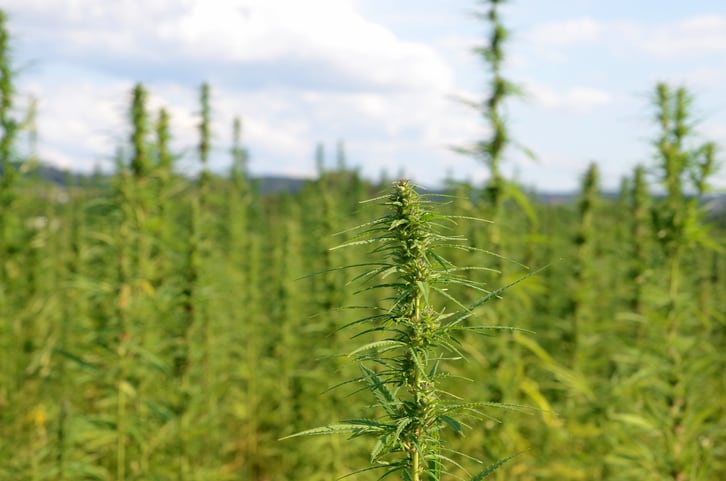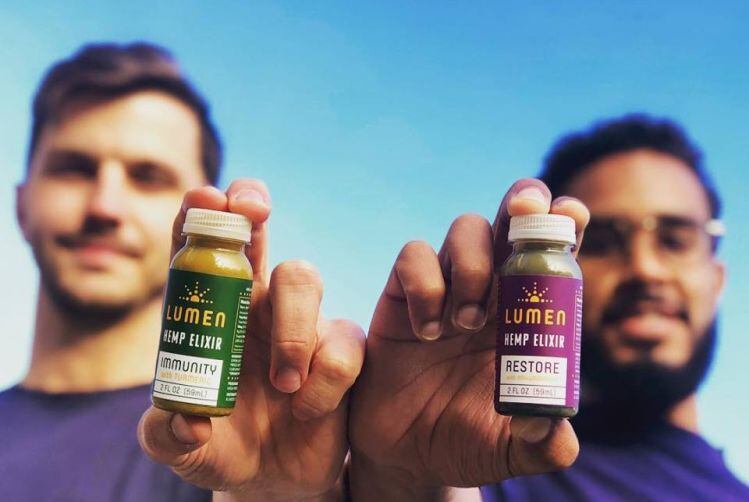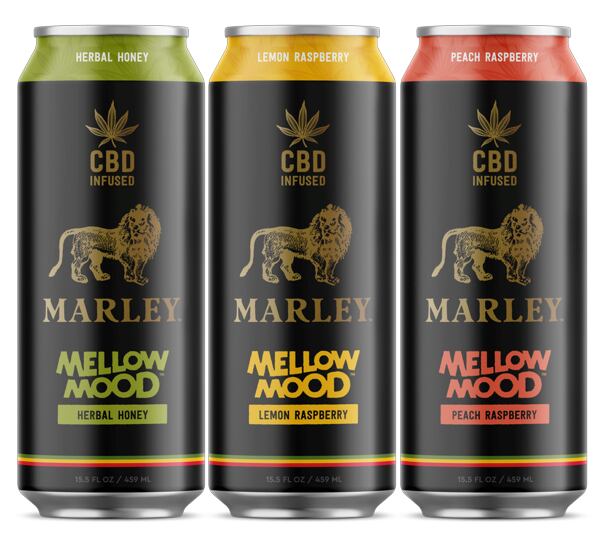With hemp (provided it has less than 0.3% THC) no longer subject to the Controlled Substances Act, hemp extracts (which contain CBD, among other things) are a good option for companies wishing to cash in on the surge of interest in CBD without getting into legal hot water, said Angela Spivey, partner at law firm Alston & Bird.
However, CBD is the word many consumers are latching onto, she said: “I’m hearing from everybody that marketing CBD on the front of the label is critical for driving sales."
And if you’re marketing ‘CBD’ on your labels, it’s either CBD, which is not legal - at least not yet – she observed, or it’s arguably false marketing, “because you’re marketing hemp or hemp extract [which contains some CBD] as something it is not [pure CBD]."
“If you are using a broad spectrum hemp extract but on the front you say ‘CBD infused,’ that’s potentially misleading,” added Perkins Coie partner Larry Reichman, who said it was also potentially misleading to state ‘25mg’ on the front of pack without saying what this refers to (is it hemp, hemp extract, or CBD?)
‘It would be helpful if the FDA provided some clarity about broad spectrum hemp extracts’
That said, the FDA has not formally weighed in on the subject of hemp extracts at all, never mind how to label them, noted Reichman.
“It would be helpful if the FDA provided some clarity about broad spectrum hemp extracts. It has been quite clear about CBD and THC, but it has not talked specifically about hemp-derived extracts, so any additional guidance it can give on this would be helpful to companies seeking FDA compliance.
“It’s clear that isolated CBD is not legal, but you start to get into a grey area with hemp extracts. What is being extracted? Has it been refined to dial up the CBD?”
Hemp derivatives and GRAS
Asked whether firms marketing hemp extracts would need to show they are generally recognized as safe (GRAS), he added that all brands need to be able to show their foods are safe if challenged, and that companies could cite a GRAS determination or provide evidence that hemp extracts were safely used in foods before 1958.
(To date, CV Sciences* has put together a GRAS determination on a CBD isolate, although it has not submitted this to the FDA for review, while the FDA says it has no questions over three recent GRAS determinations for hemp seed products (oils, proteins, hulled seeds). But no company has – as yet – announced a GRAS determination relating to hemp extracts from flowers and leaves, which are the parts of the plant that contain CBD.)
That said, the FDA has only issued warning letters to companies making unsubstantiated health claims about CBD, pointed out Spivey, who predicted the FDA would also come down hard on “any company marketing products such as candies or gummies that are designed to appeal to children.”
‘The FDA could expressly permit the addition of CBD to food products by a rule’
So what next for [isolated] CBD? This is currently off the menu for food & supplement companies because it was first investigated as a drug, but may in future be permitted after the FDA revealed it was “taking new steps to evaluate” whether to issue regulations allowing the use of such a ‘pharmaceutical ingredient’ in foods/supplements, noted Reichman.
“The FDA could expressly permit the addition of CBD to food products by a rule, or it could produce a written policy position saying we don’t intend to enforce the prohibition [on CBD in foods/supplements],” he predicted.
“It could also announce conditions of use under which it would not enforce [its previous position]. But you’d still have to show it is safe via a GRAS determination or food additive petition.”
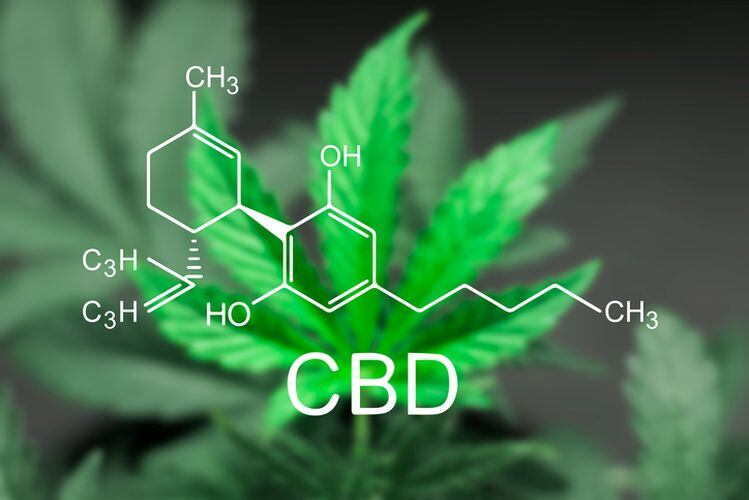
‘Absolutely plaintiff’s attorneys will enter this space’
As for claims, he said, “Companies in this space should probably be more worried about plaintiff’s attorneys than the FDA; absolutely they will enter this space. I’ve not personally seen any demand letters yet, but we’ve been told they are looking at it.”
Obviously, the less brands say the better, given the dearth of clinical data, and anything they do say, they must be able to substantiate, he said.
Testing, testing…
Asked what food companies thinking about adding hemp extracts to their products should think about aside from label claims, Spivey said sourcing and testing were key in this burgeoning new market: “I would not sub-contract this to foreign producers because those products are being held up at customs.”
As for manufacturing, she said, working with reputable companies that have proper manufacturing controls is critical: “Until now, large manufacturers that are FDA registered and compliant have not gone into the industry because it’s been such a questionable area, so you’ve got smaller companies that have been doing it without the right controls and processes. So supply chain management will be critical in this area. Lab tests are finding contaminants across the board.”
Reliable lab testing is also vital to ensure you’re getting what you pay for, she added: “FDA accredited labs weren’t doing the testing before, so labs tended to be smaller unaccredited labs, so that’s an important area for retailers and manufacturers to address; they should make sure the CBD and THC content is tested by an accredited lab.”
As for insurance, she said: “Smaller suppliers have historically struggled to get insurance but those issues will be alleviated following the passage of the Farm Bill as hemp is no longer a controlled substance.”
Azuca exec: ‘I’ve seen certificates of analysis with exactly the same readings on everything except with a different logo on the top of the page’
Jonathan Teeters is general manager at Azuca (founded by chef Ron Silver), which has developed patent-pending technology claimed to make THC and CBD more water soluble (increasing bioavailability and effectiveness and minimizing latency). It has also brought out its own line of edibles.

Speaking to FoodNavigator-USA at the Winter Fancy Food Show, Teeters said he had received expressions of interest from firms exploring adding isolated CBD or hemp extracts to everything from sausages to granola, chocolates, kombuchas and plant-based milks.
While there are a lot of suppliers piling into the space right now, he said, manufacturers are becoming more savvy, asking the right questions, and scrutinizing documentation more carefully.
“I’ve had people send two certificates of analysis [for two different products] with exactly the same readings on everything except with a different logo on the top of the page, which immediately raises red flags. You should know the farmers, know the manufacturers, know the laboratories you’re dealing with.”
*CV Sciences issued a press release last year announcing the self-determined GRAS status of its hemp-derived CBD gold extract. It has not responded to questions from FoodNavigator-USA asking if it plans to submit its GRAS determination to the FDA in order to try and secure a ‘no questions/objections’ letter.
The hemp food market
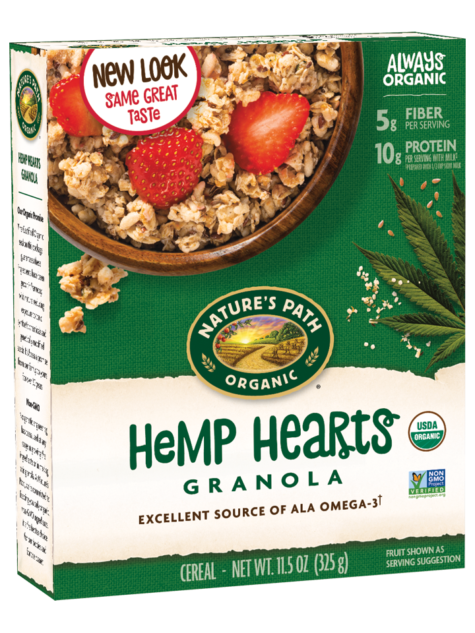
According to SPINS data spanning natural, specialty gourmet and conventional (MULO) retail channels, US retail sales of hemp foods were up 9.6% in the 52 weeks ending December 2, 2018.
By far the biggest chunk of the market is represented by shelf stable grocery products such as hemp seeds, bars, and milks (+6.6% year on year); followed by frozen products (+25.5%); and refrigerated products (-7.3%)
The most explosive growth, however, came from shelf-stable cannabidiol (CBD) products (+584.4%).
Drilling down into applications, the biggest hemp food segments were nuts/trail mix/dried fruit products featuring hemp (+15.9%), followed by shelf-stable plant milks featuring hemp (+6.2%), cold cereals (+27.1%) and shelf-stable wellness bars and gels (-53.6%).
Fast-growing segments featuring hemp – albeit off a very small base – were shelf stable baby food, shelf-stable functional beverages, frozen desserts, refrigerated plant-based meat alternatives, and shelf-stable nut and seed butters, said Jessica Hochman, natural insights and innovation research manager, at SPINS.
"There’s tremendous opportunity for both hemp extracts and hemp-seed food and beverage now that the Farm Bill opens up domestic supply-chain possibilities on a greater scale.
"The more pronounced, more visible growth will like be in extracts, since that’s still an emerging market that was under greater restriction, but the Farm Bill also opens the door for more consumer education (and the removal of barriers/bias) around hemp seed as a food and beverage ingredient, as a plant-based protein, as a skin-care oil, etc.
"Extracts [from flowers and leaves/stalks, which contain CBD - rather than seeds] will likely draw more attention more quickly, but there’s really a dual path forward for hemp and a real opportunity for hemp-seed food and beverage to scale."

